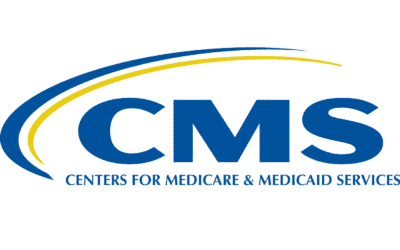Many Medicare Administrative Contractors (MACs) have policies currently in place that govern general wound care services in general. I am going to discuss the wound care policy that’s been in effect since 07/23/2020 for the Novitas jurisdiction. This policy specifically excludes topics like “skin substitutes” or hyperbaric oxygen therapy but is focused on wound care services in general.
Even if you are not in the Novitas jurisdiction, it’s becoming obvious that these regional contractors share their policies and use the same language (sometimes with the same misspellings) from one region to another. I am going to focus on required documentation for wound care current required by Novitas, because it can serve as an example of the documentation that will likely be needed everywhere. There’s a lot on this policy so you should read it yourself. I can only focus on a few major points. I will quote the policy in italics to distinguish it from my commentary and note that I am providing only portions of the text.
For the purposes of this LCD, wound care is defined as care of wounds that are refractory to healing or have complicated healing cycles either because of the nature of the wound itself or because of complicating metabolic and/or physiological factors. This definition excludes the following:
- Management of acute wounds, or
- The care of wounds that normally heal by primary intention such as clean, incised traumatic wounds, or
- Surgical wounds that are closed primarily and other postoperative wound care not separately covered during the surgical global period.
Let’s stop there and think about what kinds of wounds and patients would be appropriate for “wound care services,” per this policy. The above language makes it clear that healthy patients with acute “booboos” are not the focus of the policy. However, patients who have “complicated healing cycles” would be. Thus, it is possible to see acute wounds in patients who are compromised – but you would need to state the medical and other factors that are involved.
Take special note of the language about the fact that “wound care services” are not for post-operative surgical wounds that are still under a global period. Surgeons who spend time in the wound center may want to bring their post-op patients back on their clinic day, because it’s convenient for them. At least in the hospital-based outpatient wound center, that’s a problem. Those services are still under a global fee, and the patients should not be billed a facility fee or a physician fee for a surgical follow up in the global period.





